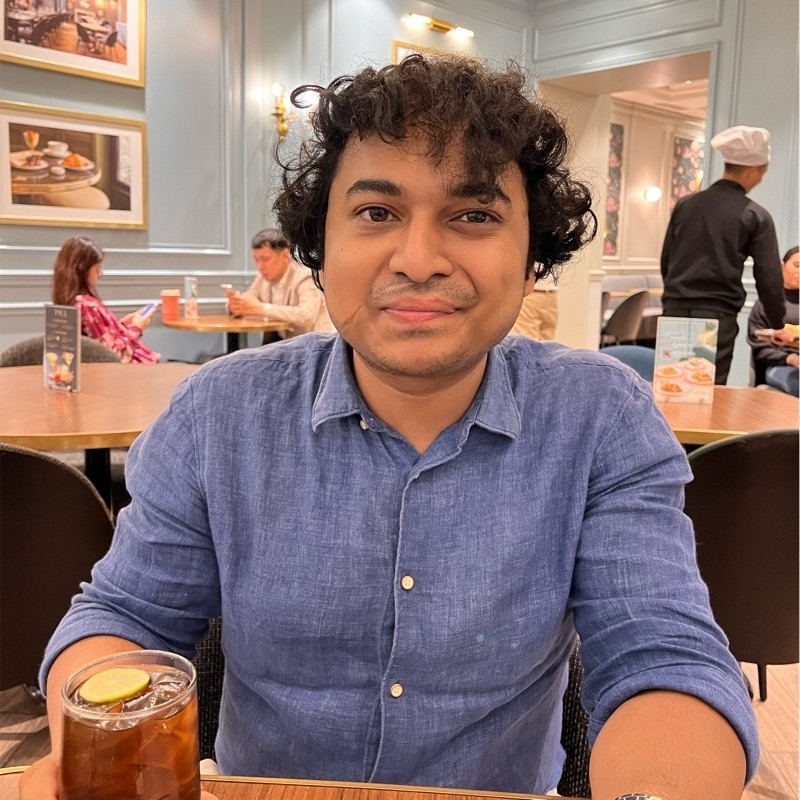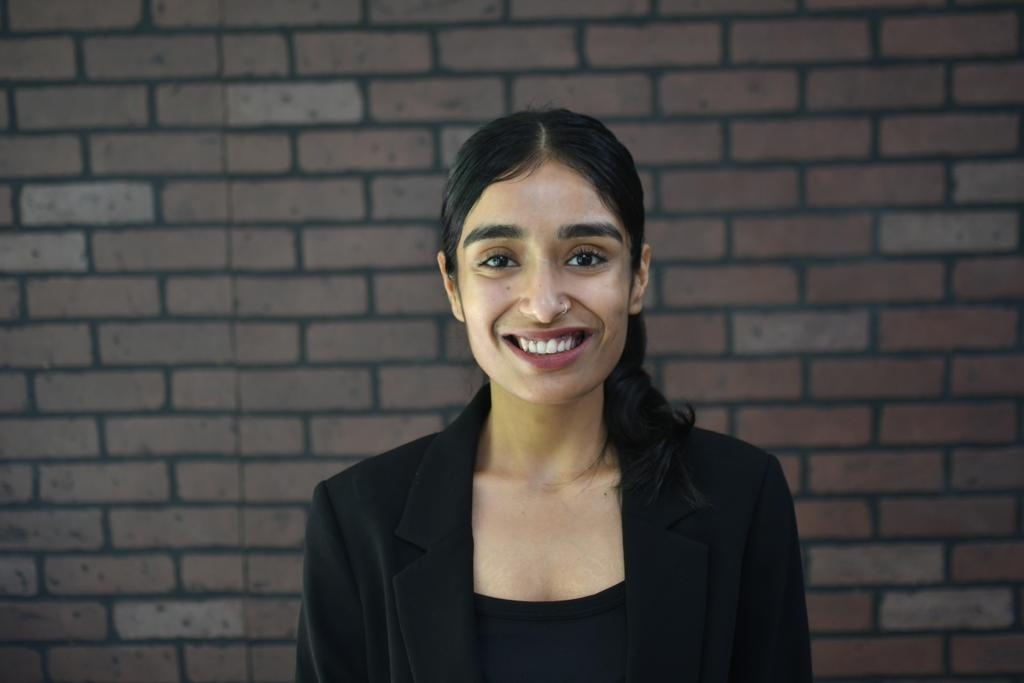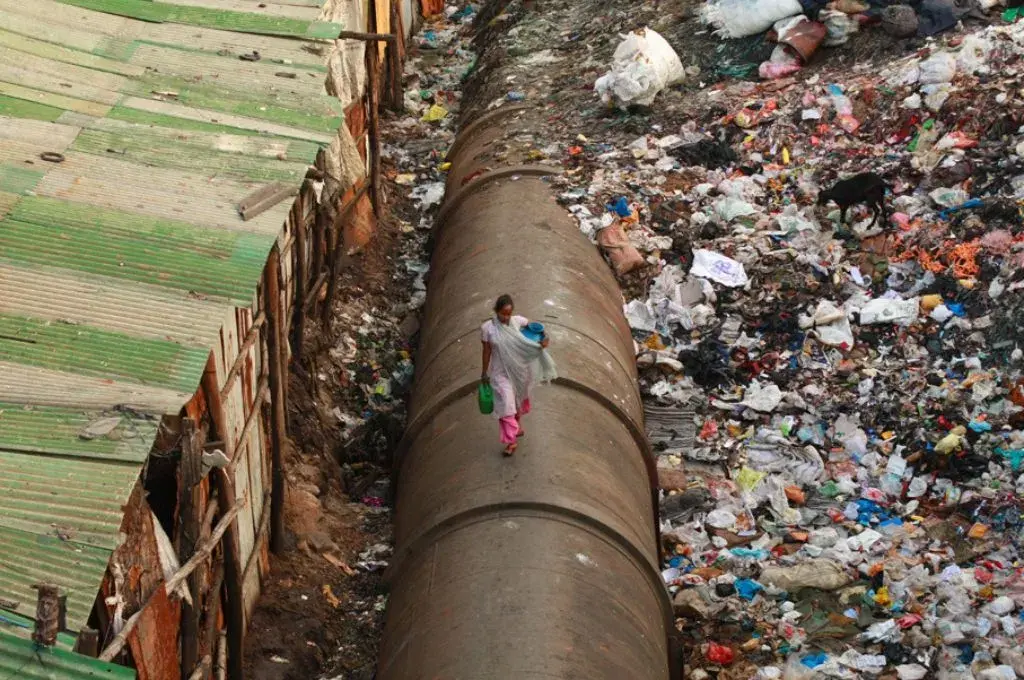Ensuring the political participation of persons with disabilities is not merely about making the voting process accessible. We must go a step further to ensure that persons with disabilities are not only voters but also candidates. In other words, India needs more persons with disabilities running for office.
Notable figures like Sadhan Gupta, India’s first blind parliamentarian, have demonstrated that disability is no barrier to meaningful contributions in the political arena. In addition to being an exceptional debater, he founded the National Federation of the Blind of India. Similarly, Minati Barik became the first-ever female wheelchair user to win an election in Odisha (Katanabania Gram Panchayat). During her tenure, hygiene and sanitation in her village, Bajapur, have improved drastically.
Despite such examples of leadership, persons with disabilities continue to face biases and stereotypes that hinder them from contesting elections. Moreover, the significant lack of political will to support their candidacy has led to their being grossly under-represented in politics.
A systemic issue
The Supreme Court’s judgment in Rajive Raturi vs Union of India reaffirmed that accessibility is a fundamental right under Articles 14, 19, and 21 of the Constitution. As per Section 11 of the Rights of Persons with Disabilities (RPwD) Act, 2016, the Election Commission of India and state election commissions must ensure that all polling stations are accessible to persons with disabilities. Additionally, all materials related to the electoral process should be easily understandable and accessible to them.
However, this statute primarily focuses on accessibility for voters with disabilities rather than on promoting the community’s representation in positions of political power. The absence of concrete guidelines for persons with disabilities contesting elections is a notable issue. Even more disheartening is the fact that outdated and exclusionary laws continue to exist, legally preventing many persons with disabilities from holding public office. Take Tamil Nadu, for example. Until recently, the Tamil Nadu Panchayats Act, 1994, disqualified persons with disabilities, including those labelled as ‘deaf-mute’, from standing for elections. This exclusionary clause, rooted in outdated perceptions of disability, effectively denied an entire section of society the opportunity to participate in local governance.
Therefore, the lack of political will translates into systemic flaws that make it difficult—if not impossible—for persons with disabilities to run for elections. Here are some of the key challenges they face.
1. Barriers in filing nomination papers
Every candidate in India is supposed to file a nomination paper and affidavit (Form 26) to contest elections. This first step itself is a barrier to persons with disabilities. The Election Commission of India does not provide a specific column in either document to capture the disability status of candidates. This omission means that persons with disabilities are not explicitly recognised as candidates in the nomination process. As a result, they face inaccessibility throughout the election process. For instance, the nomination forms are not even available in accessible formats suitable for blind candidates.
2. No institutional support
Electoral norms, including the Election Commission’s Model Code of Conduct, fail to address the unique needs of candidates with disabilities. For instance, campaign finance policies don’t consider the additional costs of accessible transport, sign language interpreters, or assistive technologies. Without a party backing them, persons with disabilities running as independent candidates struggle to mobilise resources. Unlike gender-based reservation for women in local governance, no affirmative action exists to encourage disability representation. What is baffling is that there is also no mention of political representation for persons with disabilities in the National Policy for Persons with Disabilities, 2022.
3. Lack of will from political parties
Despite the existence of the RPwD Act, which guarantees equal opportunities and prohibits discrimination, political parties have failed to take meaningful steps to include persons with disabilities in governance. Election manifestos rarely go beyond tokenistic mentions of disability rights. Even when persons with disabilities run for office, they encounter additional barriers—from a lack of accessible campaign infrastructure to deep-seated societal biases that undermine their leadership potential.
To address these challenges, the Election Commission of India must add a provision in both the nomination paper and Form 26 to record the disability status of candidates. This simple step would help produce a more accurate picture of political participation among persons with disabilities and would nudge the system to make the entire process of contesting elections more accessible.

Breaking the cycle of exclusion
To create a truly representative democracy, India must establish clear, enforceable guidelines to facilitate the participation of persons with disabilities in elections. This is not a question of ‘special treatment’; it’s about removing barriers that should not exist in the first place. Doing so would entail:
1. Amending discriminatory laws
Many states still have electoral provisions that indirectly or explicitly disqualify persons with disabilities from contesting elections. Such stipulations must be identified and repealed. The Tamil Nadu law is just one of many that need to be amended.
Andhra Pradesh also has municipal and panchayat laws barring leprosy-affected people from contesting local elections, even though leprosy is now a curable disease. In 2008, Supreme Court upheld the disqualification of a candidate in Odisha on grounds of having ‘risk-prone leprosy’.
There are examples around the world that show that when persons with disabilities are elected to office, they introduce more inclusionary policies. In Kenya, Crystal Asige, a visually impaired senator, has successfully pushed for legal reforms to protect the rights of citizens with disabilities. She played a key role in ensuring tax breaks for caregivers and securing the official recognition of Kenyan Sign Language in legislation.
2. Addressing biases and challenging stereotypes
When persons with disabilities hold visible leadership roles, they challenge prejudices about their abilities. The problem is not that persons with disabilities cannot lead—it is that society refuses to see them as leaders. Their participation remains an exception rather than the rule.
Figures like Devendra Jhajharia, a celebrated para-athlete and candidate from Churu Lok Sabha constituency, continue to see their disability status omitted from election portals.
The lack of leaders with disabilities in the Parliament, state assemblies, and local governance reinforces stereotypes that persons with disabilities are ‘incapable’ of political leadership.
3. Introducing reserved seats and quotas
Similar to scheduled castes (SCs), scheduled tribes (STs), and women, political reservations for persons with disabilities will ensure that they are not just voters but also lawmakers, policymakers, and decision-makers. Chhattisgarh has set a promising precedent by amending the State Panchayati Raj Act, 1993, to mandate the inclusion of persons with disabilities in panchayats across the state. If this can be extended nationwide, it would represent a giant leap towards inclusion.
The political participation of persons with disabilities needs to move beyond ‘Nothing about us without us’ to ‘Nothing without us’—they should be included in all decision-making spaces, not just in those where decisions about them are being made.
4. Holding political parties accountable
Most Indian political parties have little to no representation of persons with disabilities in leadership roles despite individuals with disabilities making up 4.5 percent of India’s population. Political parties must commit to active recruitment of candidates with disabilities, provide them with financial support and training, and create accessible campaign spaces. Major parties in the UK have dedicated funds to cover additional campaign expenses related to accessibility. Indian parties must do the same.
The right to participate in democracy is non-negotiable. Persons with disabilities must not be seen merely as a ‘voter bank’. They must also be candidates, policymakers, elected representatives, and decision-makers—not just spectators in India’s democratic process. India cannot claim to be the world’s largest democracy while systematically excluding an entire community from political representation. Political inclusion is not charity—it is a fundamental right.
Arman Ali, Vamika Gupta, Akshay Jain, and Shivani Jadhav contributed to this article.
—
Know more
- Learn about the rights guaranteed under the RPwD Act, 2016.
- Read more about the barriers to political participation of persons with disabilities.
- Learn about how voters with disability face barriers in India’s polling process.







